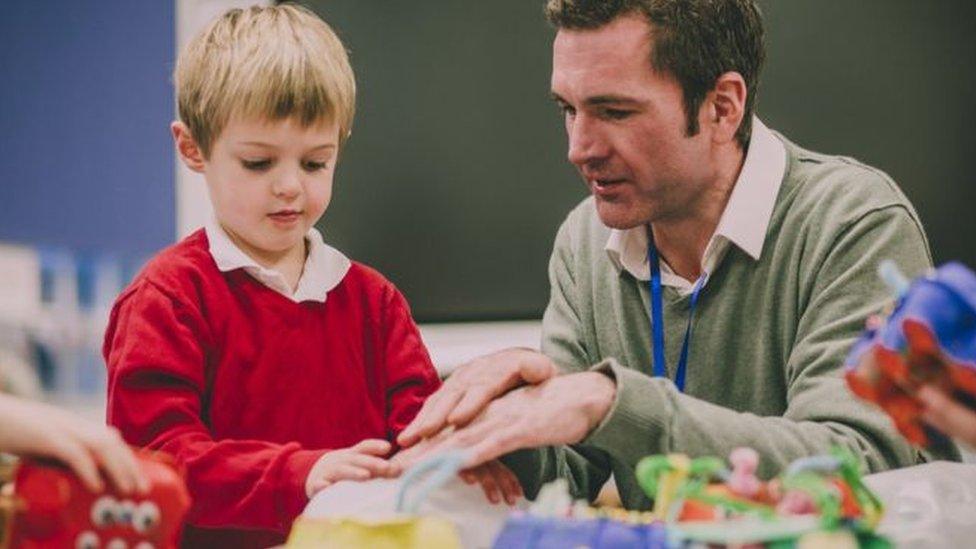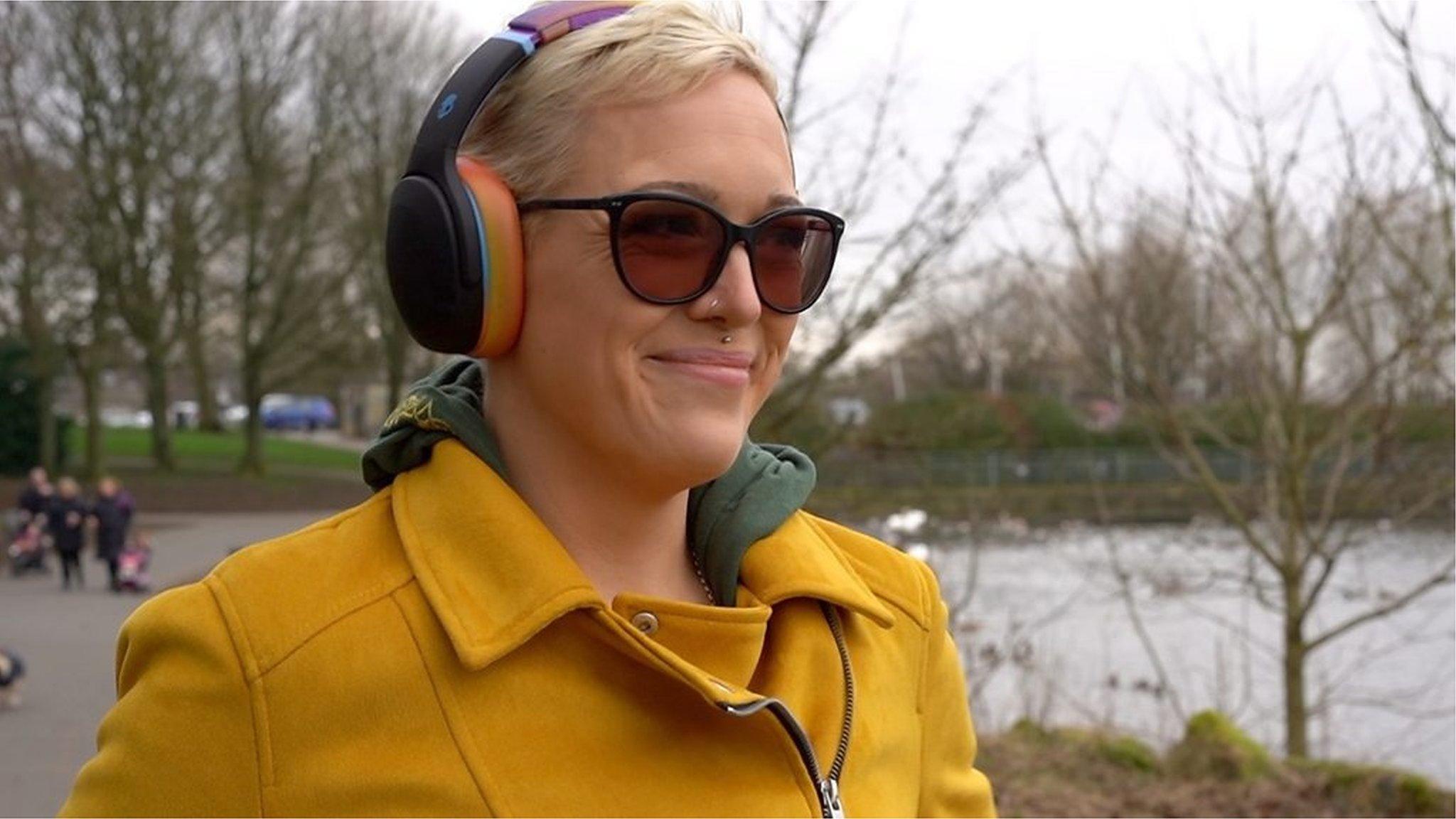Bristol children must be in crisis before autism referral, say parents
- Published

Even children who are referred for a diagnosis face a two-year wait to be seen
Children must now be in crisis before they can be referred for an autism diagnosis, parents claim.
The strict new eligibility criteria in the Bristol region comes after a 350% rise in the number waiting more than two years for assessment.
Changes made by the NHS mean children will only be referred with "severe and enduring" mental health issues.
The Integrated Care Board (ICB) said it meant resources could now focus on those with "the highest clinical need".
Some parents have launched the campaign Assess for Autism in protest against the rule change, which mother-of-two Fiona Castle said was "monstrous".
Ms Castle, of Bristol, told the city council's health scrutiny committee her youngest son, now 11, managed to get a diagnosis at the age of four.
But the condition was confirmed only after a health visitor had told her he was just "boisterous".

Children will be referred if they are a high risk to themselves or others
"The fight for support has at times cost me my physical health, relationships with friends and family, employment prospects and the mental health of not just me but other family members," she said.
"I can only imagine how difficult this journey will be for families who aren't even eligible for a diagnosis.
"The idea that they aren't eligible until they're effectively broken, and then have to wait two years, is monstrous."
'Deeply concerning'
Children will be referred if they are a high risk to themselves or others, are involved with youth offending, have very low levels of communication, are in care or on a child protection plan, or if their education or family is breaking down.
Even those who are referred face the two-year wait to be seen in Bristol, North Somerset and South Gloucestershire (BNSSG), the Local Democracy Reporting Service (LDRS) said.
An Assess for Autism spokesperson said children would now have to be at crisis point before being referred, describing the policy as "deeply concerning" and "regressive".
However, healthcare provider Sirona, which provides autism diagnosis services, and the Integrated Care Board (ICB), which formally approved the new policy, insist it is necessary because families are waiting too long.
They said resources can now be focused on those with the "highest clinical need or are the most vulnerable".

Follow BBC West on Facebook, external, Twitter, external and Instagram, external. Send your story ideas to: bristol@bbc.co.uk , external
- Published14 March 2023

- Published28 February 2023

- Published20 March 2023
